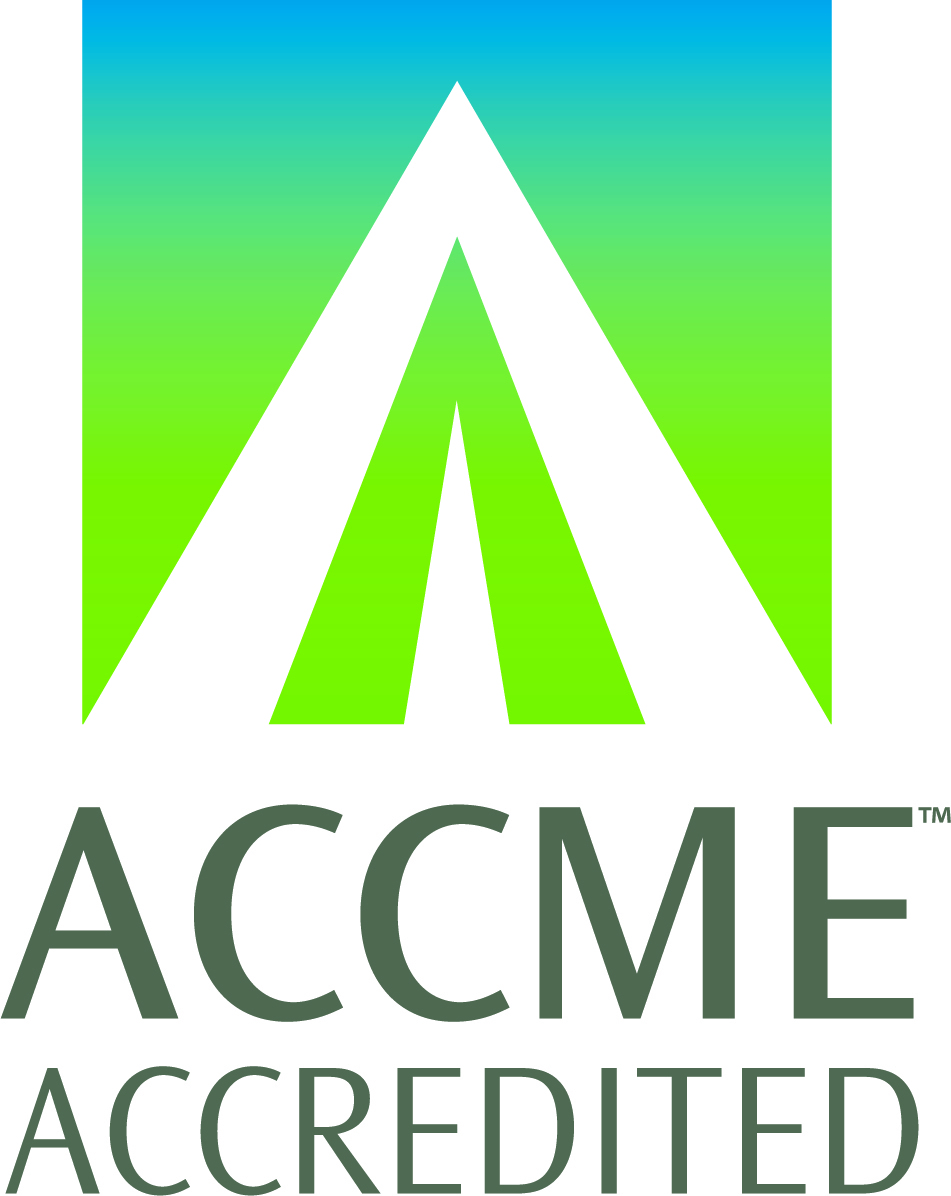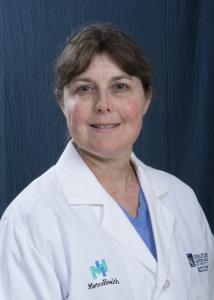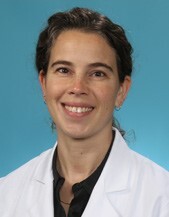
Optimizing patient mental health and social engagement following trauma
-
Register
- Non-member - $40
- Active Member - Free!
- Research Member - Free!
- Clinical Member - Free!
- Candidate - Free!
- Trauma Practice Professional - Free!
- Emeritus Member - Free!
- International Active Member Tier 4 - Free!
- International Active Member Tier 2 - Free!
- International Active Member Tier 3 - Free!
- International Active Member Tier 1 - Free!
- International Candidate - Free!

Accreditation Statement: The Orthopaedic Trauma Association (OTA) is accredited by the Accreditation Council for Continuing Medical Education (ACCME) to provide continuing medical education for physicians.
Credit Designation: OTA designates this enduring material for a maximum of 1.5 AMA PRA Category 1 Credits™. Physicians should claim only the credit commensurate with the extent of their participation in the activity.
Learning Objectives
After completing this activity, learners will be able to:
- Recognize unhelpful thoughts, symptoms of worry or despair, and stressful circumstances that contribute to greater symptom intensity and magnitude of incapability among people recovering from injury.
- Develop strategies to diagnose and address mental and social health opportunities during recovery from injury.
- Describe military and civilian programs with success in enhancing mental and social health, affording strategies participants may implement.
Faculty
- Moderator: Heather Vallier, MD
Sarah Hendrickson, LPC, Anna Miller MD, David Ring MD, Daniel Stinner, MD, Benjamin Ollivere FRCS, MBBS, MD, Hassan Mir MD, MBA, FACS, FIOTA
Original release date: 8/23/2023
Expiration date: 8/23/2026
Estimated time to complete activity: 1 hour and 30 minutes
Statement of Need/Description/or Summary of Gap Analysis
Orthopedic surgeons have limited education and training regarding discernment of mental and social health opportunities, effective communication and relationship-building strategies, and navigating the current health environment that separates and deprioritizes mental health care. A person who is injured is experiencing pain, loss of capability, limited will to continue in cherished roles and activities, and uncertainty about the future. They will need to redefine themselves. In addition, people who experience musculoskeletal trauma often have mental health concerns and adverse social circumstances present prior to injury that may worsen after injury. While surgeons know that musculoskeletal injury is both physically and emotionally trying, and we know that injuries often occur, in part, due to mental and social health opportunities such as substance misuse or risky behavior, the issues have had inadequate attention.
Method of Participation: There are no fees for members to participate in this activity. Non-members must pay $40. To participate in the activity, physicians will be required to take the following steps:
- Read the learning objectives and faculty disclosures.
- Participate in the activity.
- Complete the activity evaluation.
- Participants who successfully complete the evaluation will receive AMA PRA Category 1.5 Credits™.
Disclosures:
The Orthopaedic Trauma Association has implemented a policy to comply with the current Accreditation Council for Continuing Medical Education (ACCME) Standards for Integrity and Independence in Accredited Continuing Education requiring mitigation of all conflicts of interest. Faculty declaring a relevant commercial interest must be identified in the activity syllabus and/or program.
In accordance with disclosure policies of OTA and the ACCME, every effort has been made to ensure all CME activities are balanced, independent, objective, and scientifically rigorous. These policies include complying with ACCME’s Standards for Integrity and Independence in Accredited Continuing Education and mitigating all relevant conflicts of interest for all individuals in control of content.
All of the relevant financial relationships listed for these individuals have been mitigated
Disclosures are available on the "Disclosure" tab.
Disclaimer: The information in this educational activity is provided for general medical education purposes only and is not meant to substitute for the independent medical judgment of a physician relative to diagnostic and treatment options of a specific patient's medical condition. The viewpoints expressed in this CME activity are those of the authors/faculty. They do not represent an endorsement by the OTA. In no event will the OTA be liable for any decision made or action taken in reliance upon the information provided through this CME activity.
Commercial Support: There is no commercial support for this activity

Heather Vallier, MD, FIOTA (Moderator)

Anna Miller
MD

Daniel Stinner
MD, LTC, PhD

Sarah Hendrickson
M. Ed.

Hassan Mir
MD, MBA, FACS, FIOTA

Benjamin Ollivere
FRCS (ORTHO), MBBS, MD


